Unimog Backhoe For Sale – They can assist in determining the right price for the business, marketing it to potential buyers, and managing the negotiation process. For sellers, online platforms provide a global marketplace, allowing them to reach a wider audience than they would through traditional brick-and-mortar stores. Many second-hand clothing stores and online platforms specialize in curating high-quality, gently used apparel, making it easy for consumers to find fashionable items that align with their tastes. It’s a moment of transition, and as with all transitions, it brings with it both excitement and uncertainty. Sellers often find themselves in a strange position, balancing the emotional attachment to the item with the rational need to let it go. By choosing second-hand goods, consumers can help reduce waste, conserve resources, and lessen the demand for new production. A well-made frying pan or a durable pair of boots might not have the cachet of a designer handbag, but their value lies in their functionality and reliability. With the rising costs of new products, especially in categories like electronics, clothing, and furniture, purchasing second-hand items can offer significant savings. Yet, even within this system, there is room for hope. Thrift stores, consignment shops, and online marketplaces like eBay and Poshmark provide a platform for people to sell or buy pre-owned high-quality goods. The second-hand market is not just about saving money; it’s about embracing a more sustainable, mindful way of consuming that values reuse, repurposing, and the stories behind the items we choose to keep. The due diligence process helps the buyer understand the risks involved, the company’s market potential, and any legal or operational hurdles that may exist. This shift in mindset has contributed to a growing acceptance and even celebration of second-hand shopping, making it a mainstream activity that is not just about saving money but about making more thoughtful and responsible choices. Second-hand goods for sale have become an integral part of today’s economy, a trend that transcends geographic, economic, and cultural boundaries. By purchasing second-hand goods, consumers help keep products circulating in the economy, giving them new life and purpose. When we begin to view everything through the lens of commerce, it’s easy to lose sight of the things that make life worth living — the moments that aren’t for sale, the experiences that can’t be bought. With the rise of e-commerce, the accessibility of quality goods for sale has expanded exponentially. While the online second-hand market has flourished, traditional thrift stores and second-hand shops continue to play an important role in the buying and selling of pre-owned goods. Historically, many products were made by local craftsmen, and there was a direct relationship between the creator and the consumer. Beyond financial savings and environmental impact, second-hand goods also offer a sense of nostalgia and connection to the past.
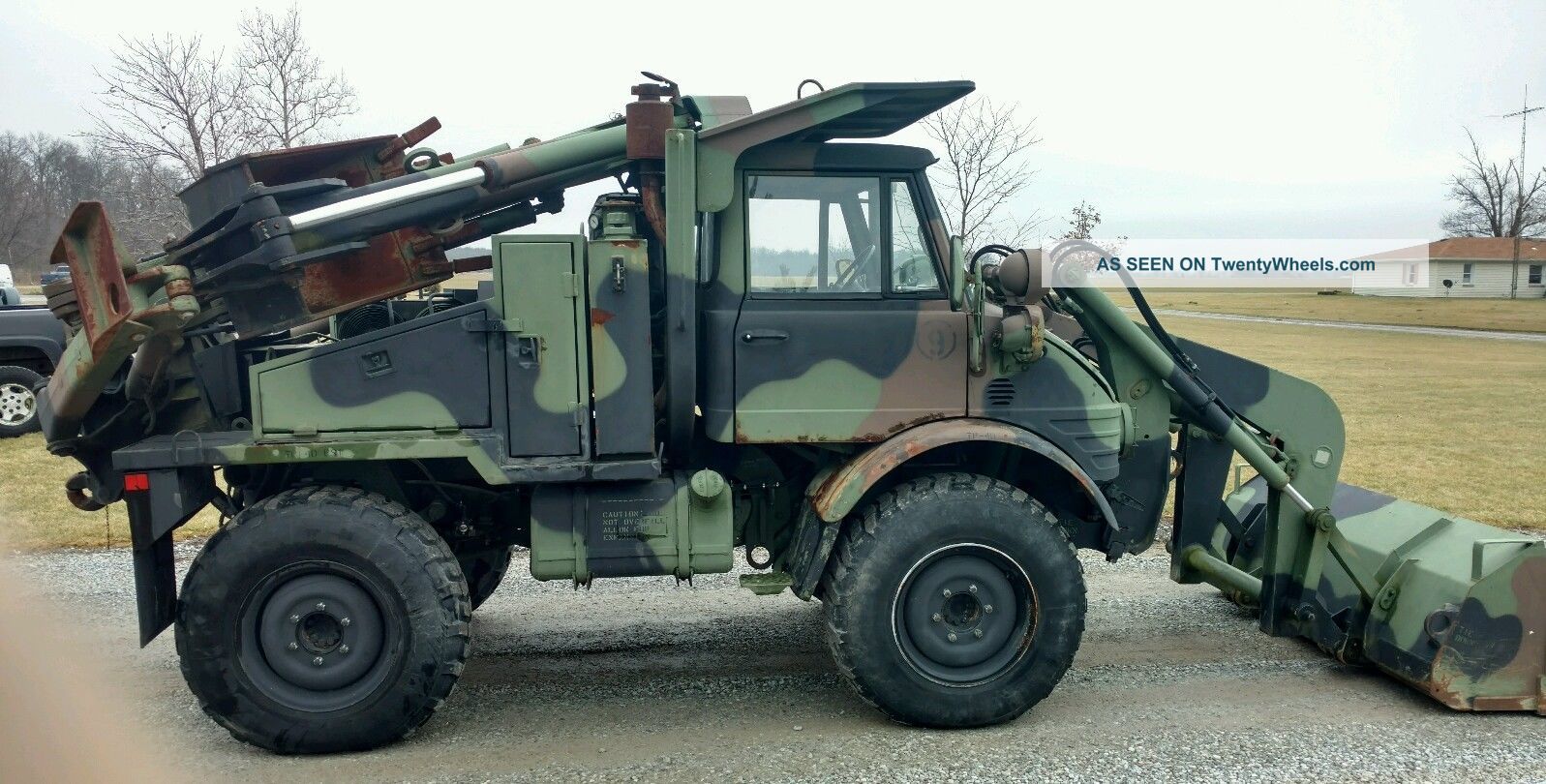
2004 Freightliner Flu419 See Unimog Truck / Loader / Backhoe Street Legal
Waterproof boots · contract law · rain boots Onsite delivery availableyour full rental solutionfind a rental center New listings dailyfinancing availablefree shipping quotessign up for updates
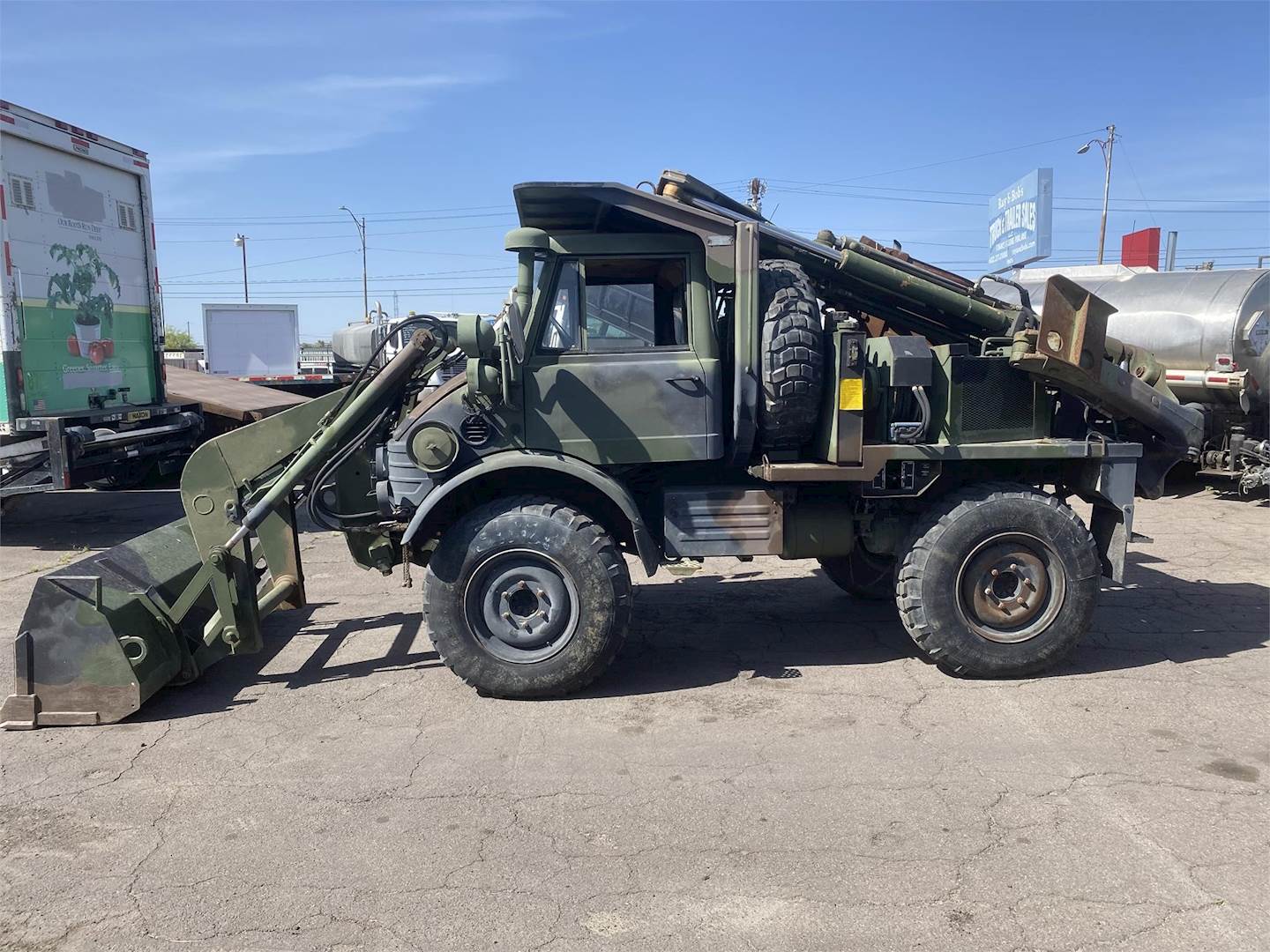
1988 Freightliner UNIMOG LOADER/BACKHOE For Sale, 5,056 Miles Phoenix
New listings dailyfinancing availablefree shipping quotessign up for updates Waterproof boots · contract law · rain boots Onsite delivery availableyour full rental solutionfind a rental center

1988 Freightliner Mercedes Unimog FLU419 Loader Backhoe Only 2529 Miles
Onsite delivery availableyour full rental solutionfind a rental center New listings dailyfinancing availablefree shipping quotessign up for updates Waterproof boots · contract law · rain boots
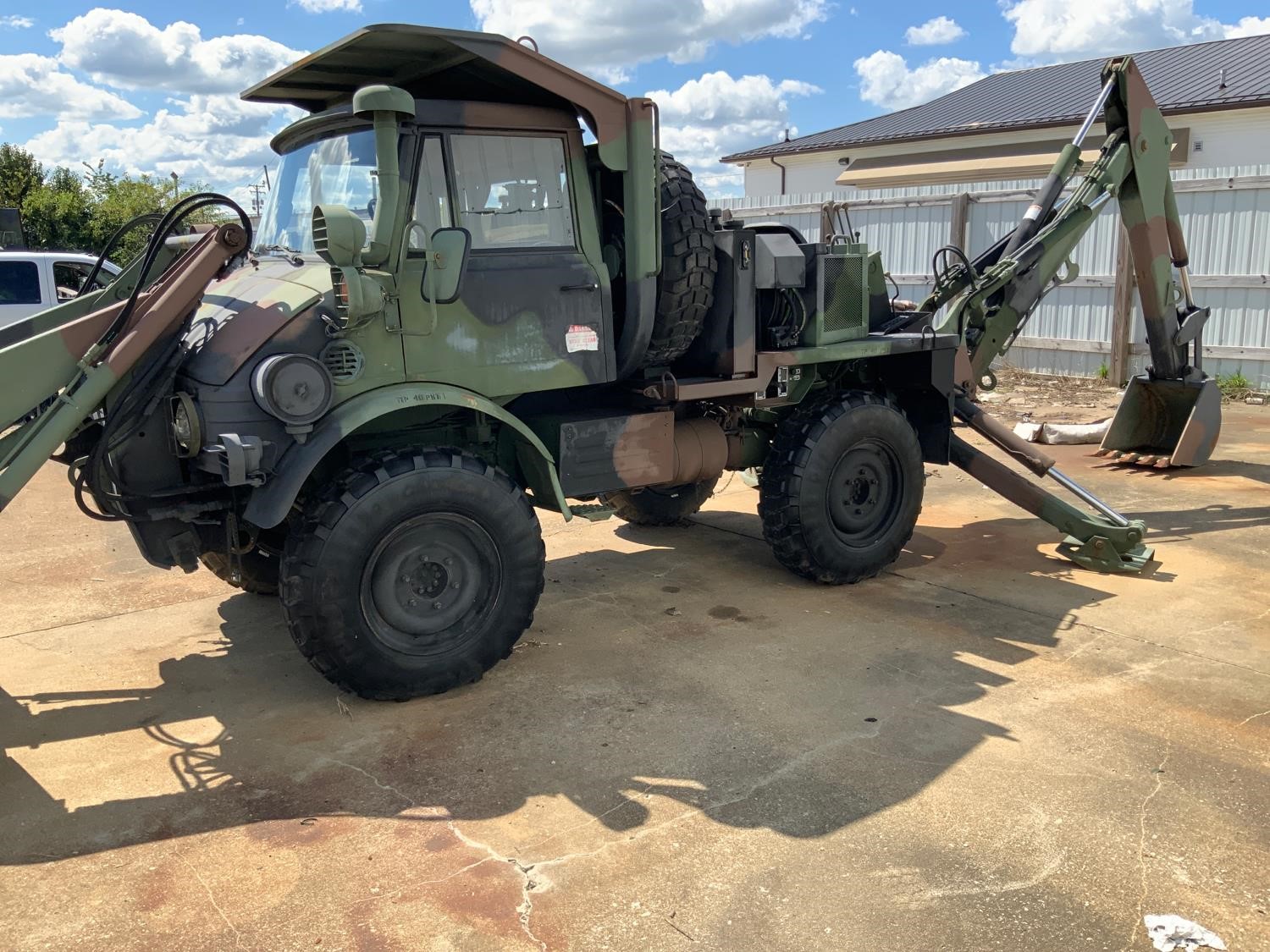
1990 Freightliner Unimog 435C Military Wheeled Loader Backhoe BigIron
New listings dailyfinancing availablefree shipping quotessign up for updates Onsite delivery availableyour full rental solutionfind a rental center Waterproof boots · contract law · rain boots

1990 Freightliner Unimog 435C Military Wheeled Loader Backhoe BigIron
Onsite delivery availableyour full rental solutionfind a rental center New listings dailyfinancing availablefree shipping quotessign up for updates Waterproof boots · contract law · rain boots
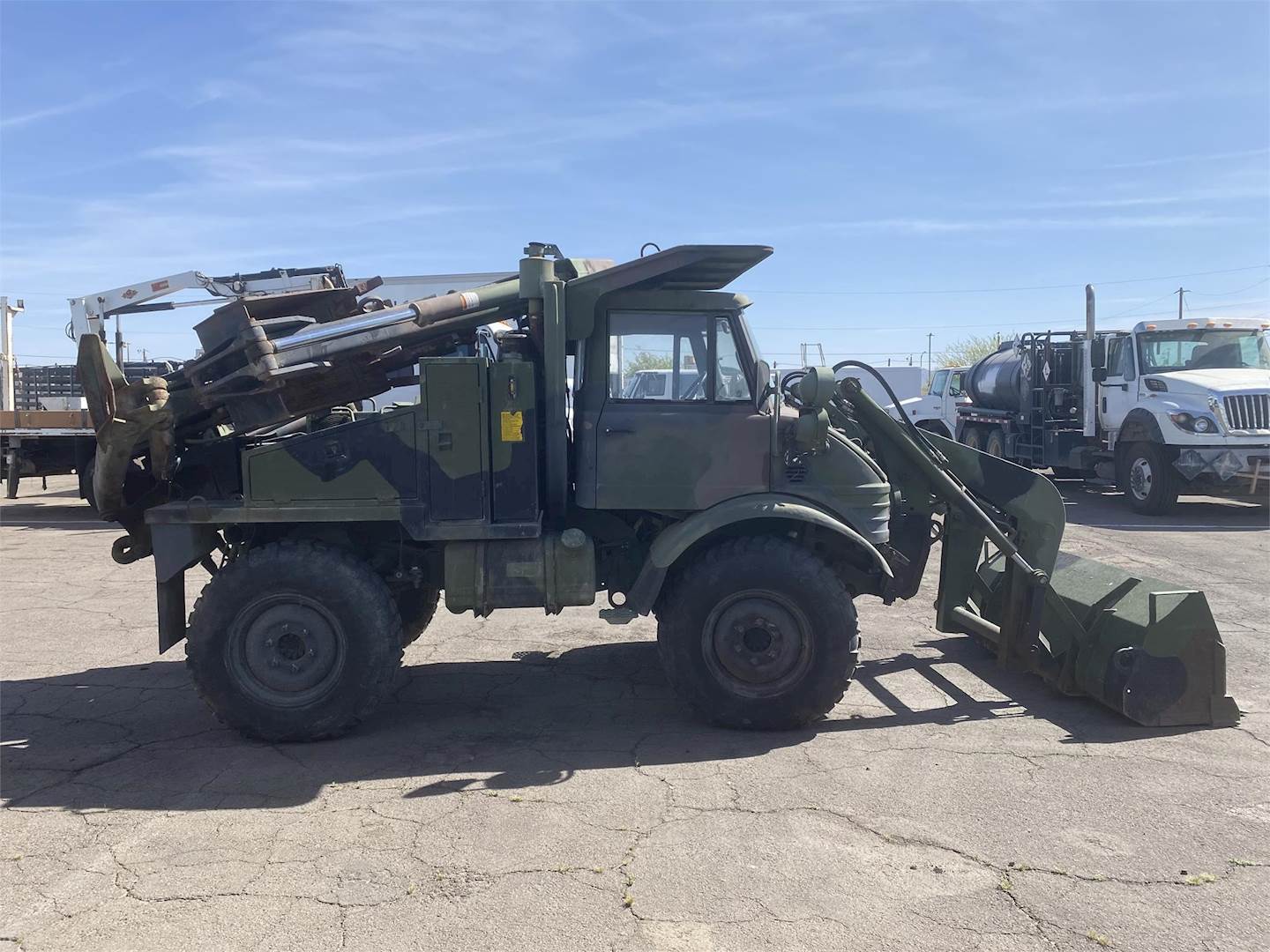
1988 Freightliner UNIMOG LOADER/BACKHOE For Sale, 5,056 Miles Phoenix
New listings dailyfinancing availablefree shipping quotessign up for updates Waterproof boots · contract law · rain boots Onsite delivery availableyour full rental solutionfind a rental center
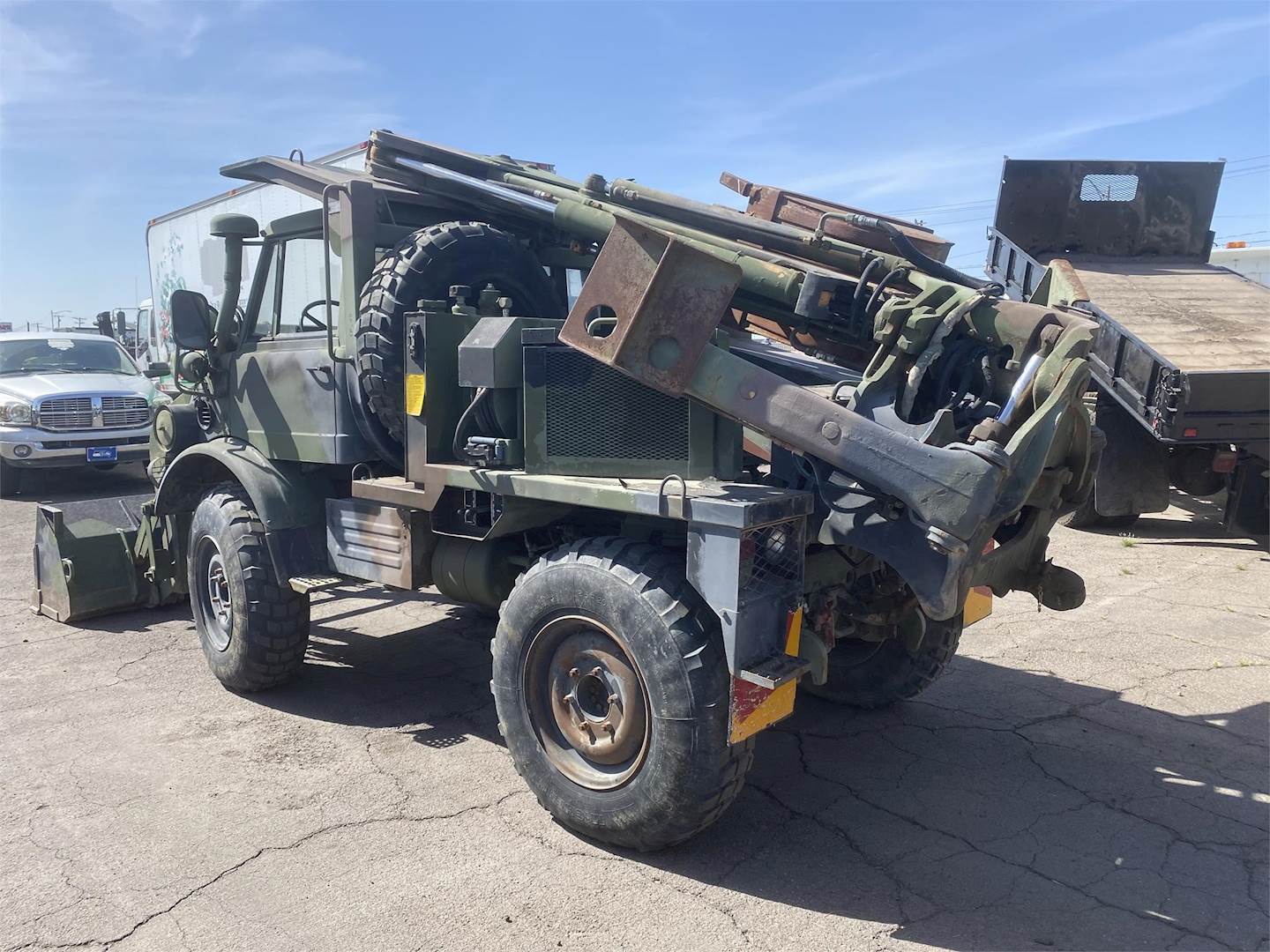
1988 Freightliner UNIMOG LOADER/BACKHOE For Sale, 5,056 Miles Phoenix
New listings dailyfinancing availablefree shipping quotessign up for updates Waterproof boots · contract law · rain boots Onsite delivery availableyour full rental solutionfind a rental center
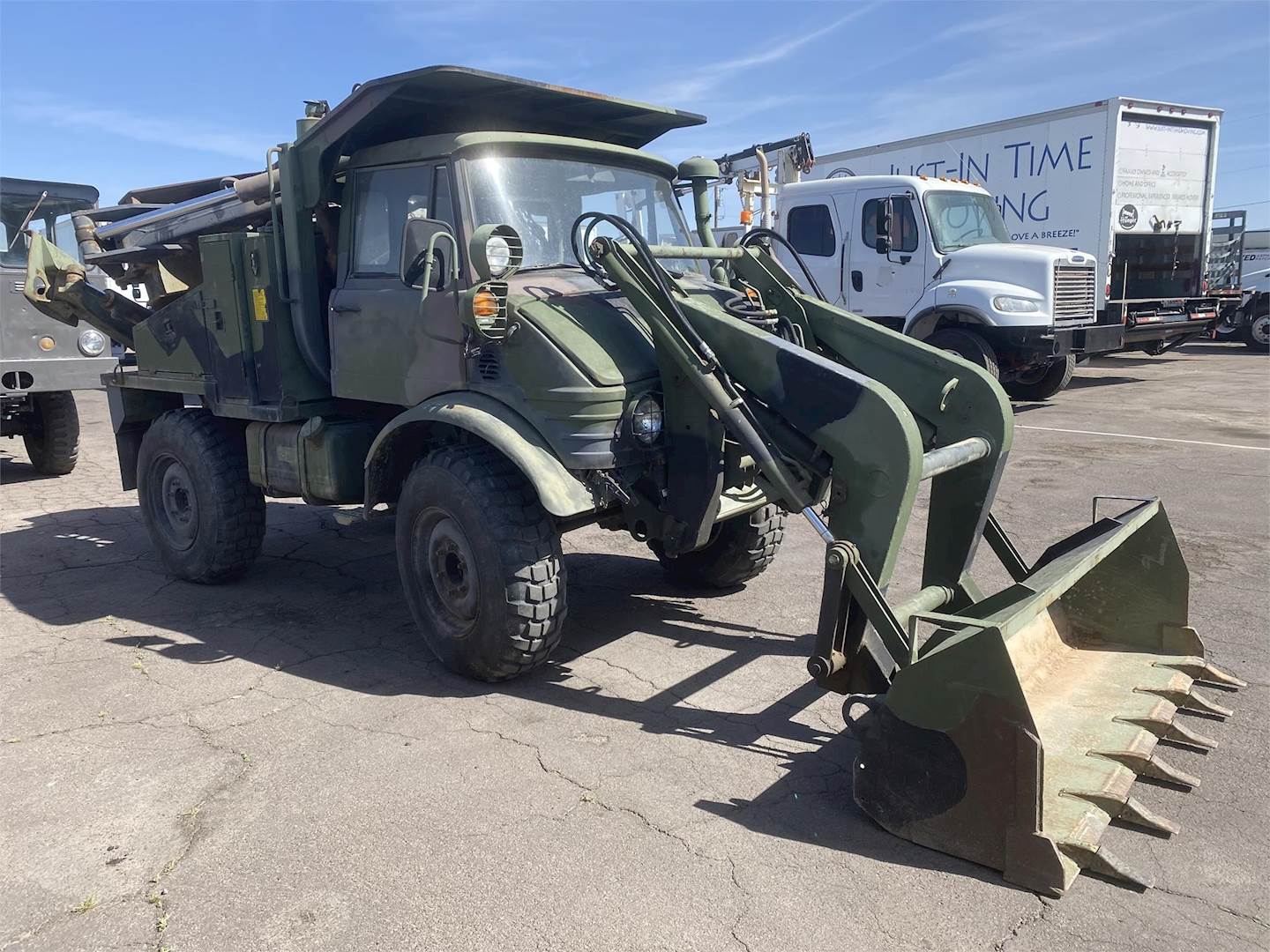
1988 Freightliner UNIMOG LOADER/BACKHOE For Sale, 5,056 Miles Phoenix
New listings dailyfinancing availablefree shipping quotessign up for updates Onsite delivery availableyour full rental solutionfind a rental center Waterproof boots · contract law · rain boots
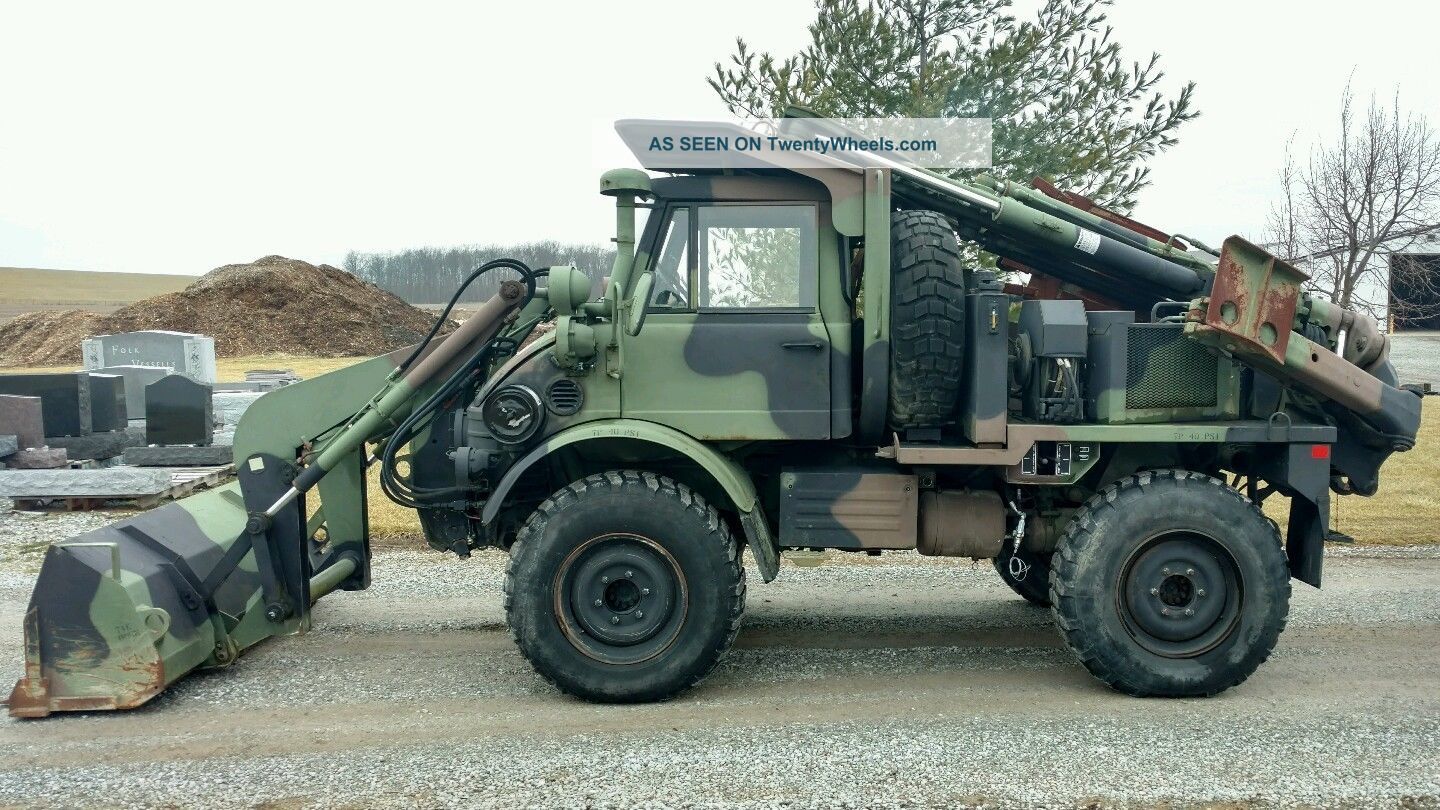
2004 Freightliner Flu419 See Unimog Truck / Loader / Backhoe Street Legal
Waterproof boots · contract law · rain boots Onsite delivery availableyour full rental solutionfind a rental center New listings dailyfinancing availablefree shipping quotessign up for updates
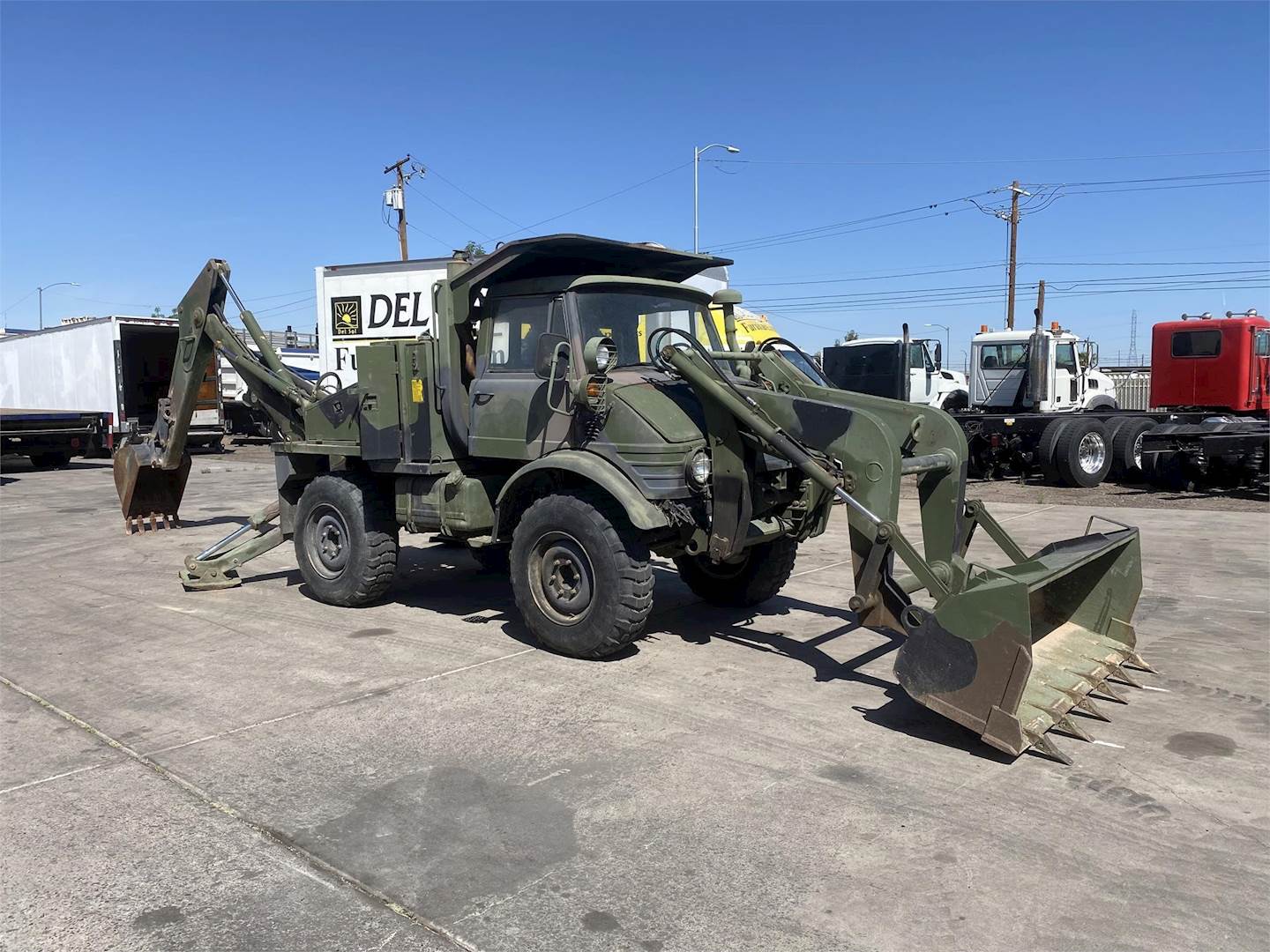
1988 Freightliner UNIMOG LOADER/BACKHOE For Sale, 5,056 Miles Phoenix
Onsite delivery availableyour full rental solutionfind a rental center New listings dailyfinancing availablefree shipping quotessign up for updates Waterproof boots · contract law · rain boots
The resale of pre-owned clothing has become a booming industry in recent years, with second-hand stores and online marketplaces thriving as more consumers opt for affordable, sustainable alternatives to fast fashion. Whether someone is looking to sell their business as part of a strategic decision or to retire, or whether a potential buyer is seeking an opportunity to invest in an established company, the process of buying and selling businesses is a common yet intricate part of the global economy. The market for second-hand goods is also influenced by societal trends and economic conditions. For those who enjoy the tactile experience of shopping and the sense of discovery that comes with it, thrift stores offer a personal and immersive way to shop for second-hand items. The adage “you get what you pay for” rings especially true in the realm of quality goods. It carries with it a deep sense of commodification — the idea that every part of our lives, every piece of our history, every corner of our existence, has a price attached to it. Many quality goods are made by artisans or small businesses who take the time to create products that reflect their expertise and passion. The decision to sell an heirloom piece of furniture, for example, can be emotionally complex, as it involves a shift in one’s connection to the past. Many people find that buying second-hand furniture allows them to acquire high-quality pieces that are built to last, often with a level of craftsmanship that is hard to find in mass-produced furniture. This sense of history and individuality is part of what makes second-hand shopping so appealing. When it’s put up for sale, it can bring with it a sense of loss, as if a piece of the seller’s life is being taken away. The rise of online platforms has transformed the way second-hand goods are bought and sold. But is this a reflection of reality? Or is it an illusion we’ve created, an idea we’ve accepted in order to make sense of a world that increasingly revolves around consumption and profit?
At the core of this idea lies the assumption that everything, no matter how unique or rare, can be exchanged. When a person decides to sell something, they might weigh the pros and cons, debating whether it’s the right time or whether it’s really necessary to part with what they’ve had for so long. This shift from a linear economy, where products are made, used, and disposed of, to a circular one, where products are continually reused and repurposed, is a step towards a more sustainable and environmentally friendly world. It is only through diligent research that a buyer can truly determine whether the business is worth the asking price. The concept of quality, however, is not a one-size-fits-all. This leads to the accumulation of waste that ends up in landfills, contributing to pollution and the depletion of valuable resources. The rise of minimalist living, which emphasizes owning fewer, more meaningful possessions, has played a role in this shift. But in the end, whether it’s an item or an individual, the process of being “for sale” is a negotiation of worth, a moment of exchange.
When everything becomes a transaction, we risk losing sight of what truly matters. On the other hand, buyers may seek to negotiate lower terms based on the findings from their due diligence or their assessment of the business’s future potential. Websites like eBay, Craigslist, Facebook Marketplace, and Poshmark have made it easier than ever for individuals to sell their unwanted items and for buyers to find exactly what they are looking for. The act of selling a home is a deeply emotional process, and when it’s completed, there’s a sense of closure and anticipation for what comes next. For those who are passionate about antiques, art, and memorabilia, the second-hand market offers endless possibilities for finding unique and valuable items that can be passed down through generations or added to a collection. These generations are more aware of the environmental impact of fast fashion, disposable goods, and the need to adopt more sustainable practices. Everything for sale. However, there’s also an argument to be made that, over time, quality goods are often more economical in the long run. The sale and purchase of second-hand goods play a pivotal role in this transition, demonstrating how individuals can make a meaningful impact through everyday choices. Influencers sell their attention, their opinions, their lives — all of it has become a form of commerce. The idea of being “for sale” also touches on larger cultural and societal themes. For some, it’s a matter of balancing budgetary constraints with their desire for quality. For the buyer, it can feel like a great opportunity, a chance to acquire something they’ve been searching for, or maybe just the satisfaction of knowing that a good deal is within reach. The ability to share knowledge, ideas, and resources has empowered individuals in ways that were previously unimaginable. Online marketplaces have opened up opportunities for people to buy and sell goods from the comfort of their own homes. On the other, there’s the challenge of assessing the true value of a business, navigating the complex negotiations, and ensuring that the business is a sound investment in terms of both its financial health and its long-term viability. This sense of connection can also extend to the broader culture of quality goods, where consumers and creators share a commitment to excellence and a desire to preserve the craft and tradition behind these products. A high-quality winter coat, for example, will keep you warm and dry through years of cold weather, offering comfort and protection that a cheaper, mass-produced coat cannot match. The market for second-hand goods is also influenced by societal trends and economic conditions. The materials, labor, and expertise that go into crafting these items naturally make them more expensive.